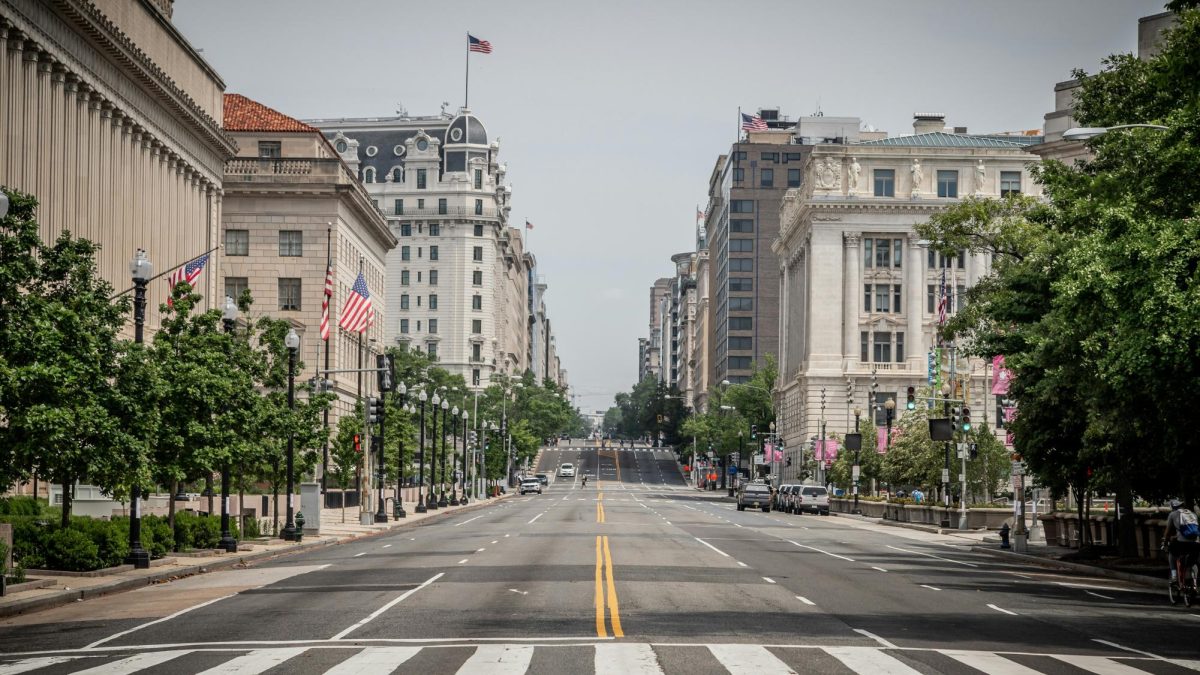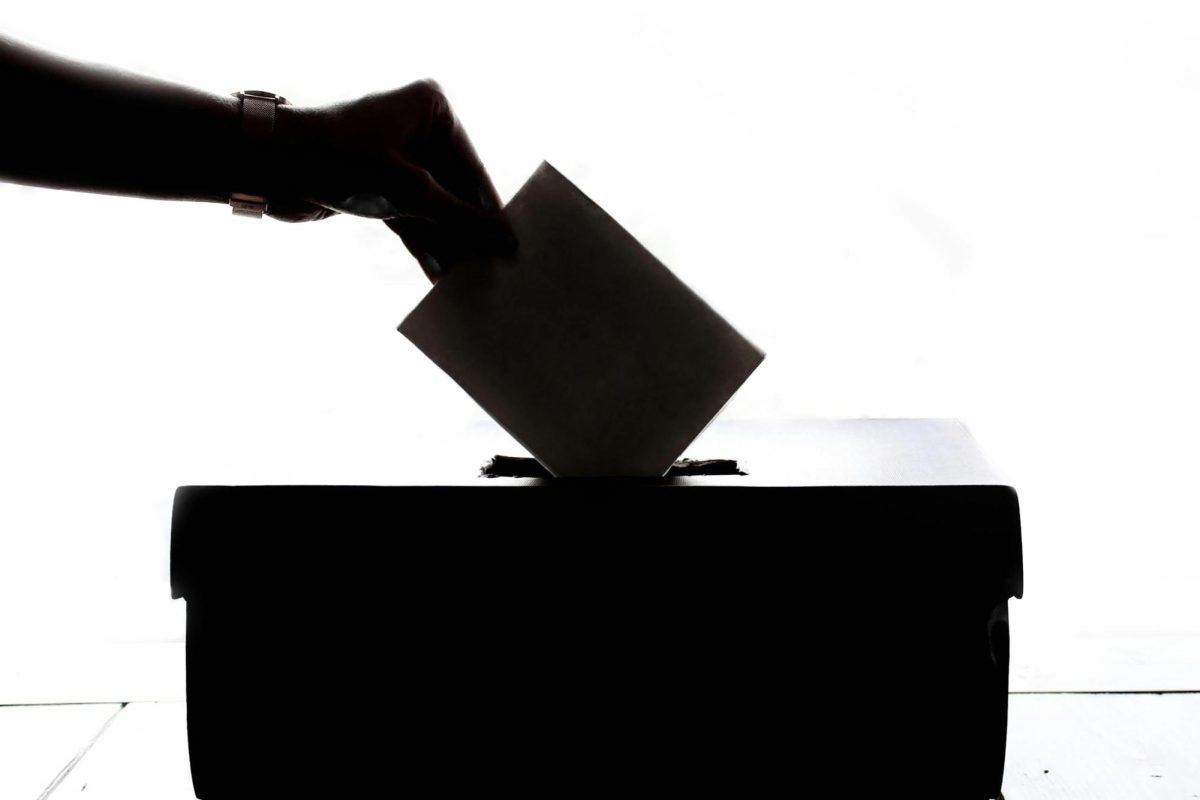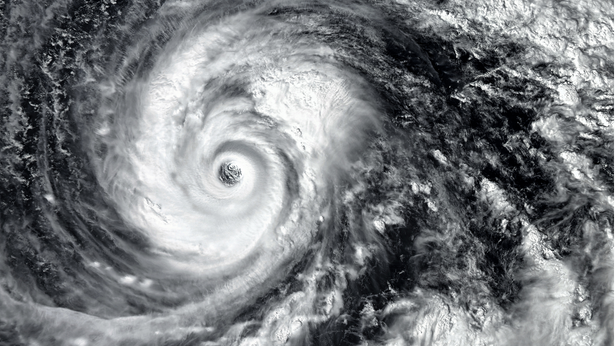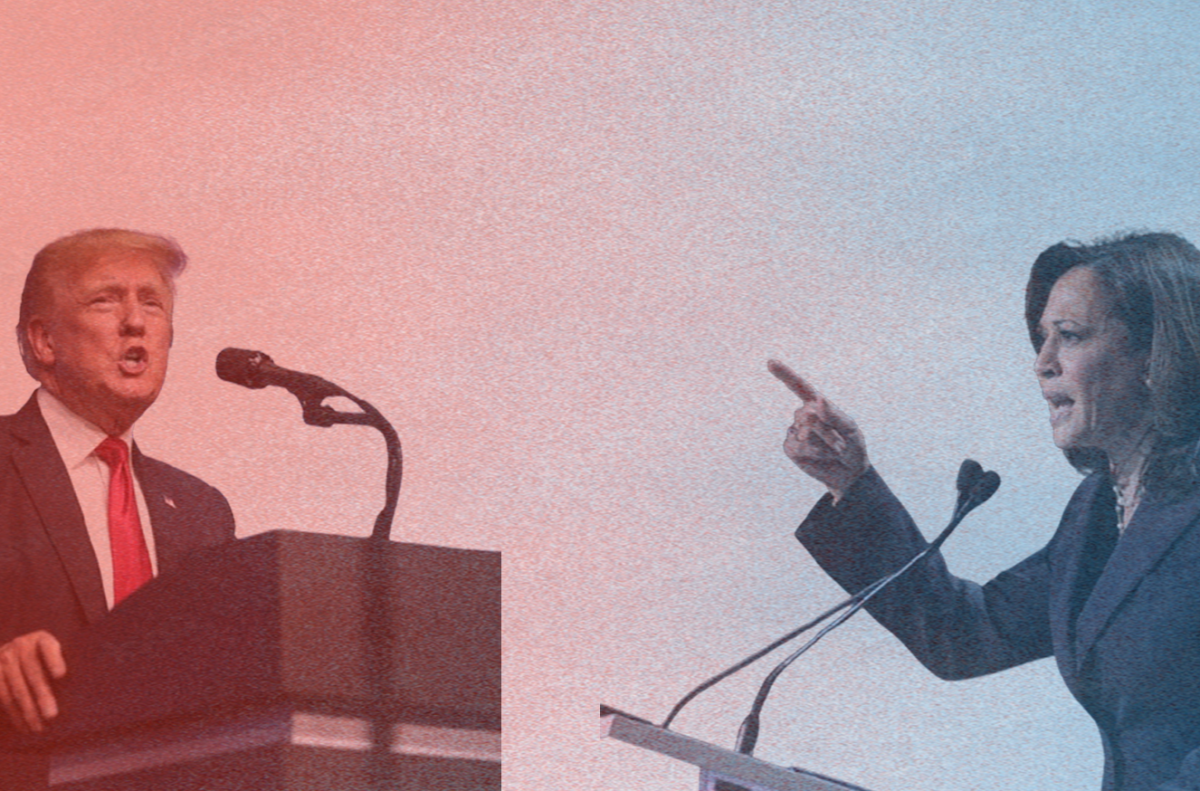Schools in Washington D.C. reopened this fall in an unusual new reality: the city’s police are no longer under mayoral control, and there are thousands of newly deployed National Guard troops across the capital. President Donald Trump issued the order for these changes in early August this year, claiming the moves were necessary in order to fight crime in the capital and “clean up” the city. For students and families, the federal takeover means more than just headlines and breaking news stories; it has stirred new fears and impacted daily rituals.
On August 11, Trump invoked the D.C. Home Rule Act to shift control over the Metropolitan Police Department from the mayor to the federal government. He has since deployed over 2,200 National Guard members to the city. Some are armed and patrolling neighborhoods, while others were assigned to tasks like trash collection and mowing laws. Trump referred to the capital as “safe and booming,” praising his plan as a possible blueprint for other major U.S cities in the future. However, some critics believe it to be an overreach of presidential power that sidelines local leaders and residents.
For many students in Washington D.C., the changes are hard to just ignore. As a result, families in D.C. Public Schools (DCPS) have started organizing walking groups to and from school for their children. In these groups, parents are also encouraging their kids not to wear headphones on their daily commutes so they can stay alert. Some families have even kept their children at home altogether in fear of running into a federal officer or unmarked vehicles. Multilingual students from ESL (English as a Second Language) and bilingual families have expressed concerns that speaking their native language outside of and on the way to their schools could lead to them potentially being targeted. In particular, immigrant families note that the presence of armed troops near schools puts more stress on their plates for what should be an exciting start to the school year.
To help alleviate these new stressors on the students, teachers and DCPS staff have also been working overtime to support and reassure students distressed about the situation outside. In response, district officials have extended Safe Passage programs, where community volunteers and safety monitors are stationed around schools to help students travel to and from school safely. DCPS chancellor Lewis Ferebee attempted to reassure frazzled parents and students by reiterating that schools remain secure and reminding families that federal agents require a valid warrant to enter school buildings.
While the overall crime rate in Washington D.C. has decreased and some residents argue that a greater security presence around the city makes them feel safer, others claim that military patrols make them feel tense and anxious rather than safe and protected. There have been incidents reported in D.C. neighborhoods of National Guard members and federal agents tackling and detaining residents, as well as responding greatly to minor incidents in the city, where their presence is not beckoned nor necessary. Washington D.C Mayor Muriel Bowser has publicly criticized the Guard’s presence, saying local systems are already in place to keep residents safe.
As far as the long lasting consequences in D.C. are concerned, they remain uncertain, both for the community and for students whose first days back at school were marked not only by new teachers and tough schedules, but by the presence of the National Guard. For now, students in D.C. are starting a school year unlike any other, balancing their studies with the challenge of living in a city where national politics are taking place just outside the classroom doors.








